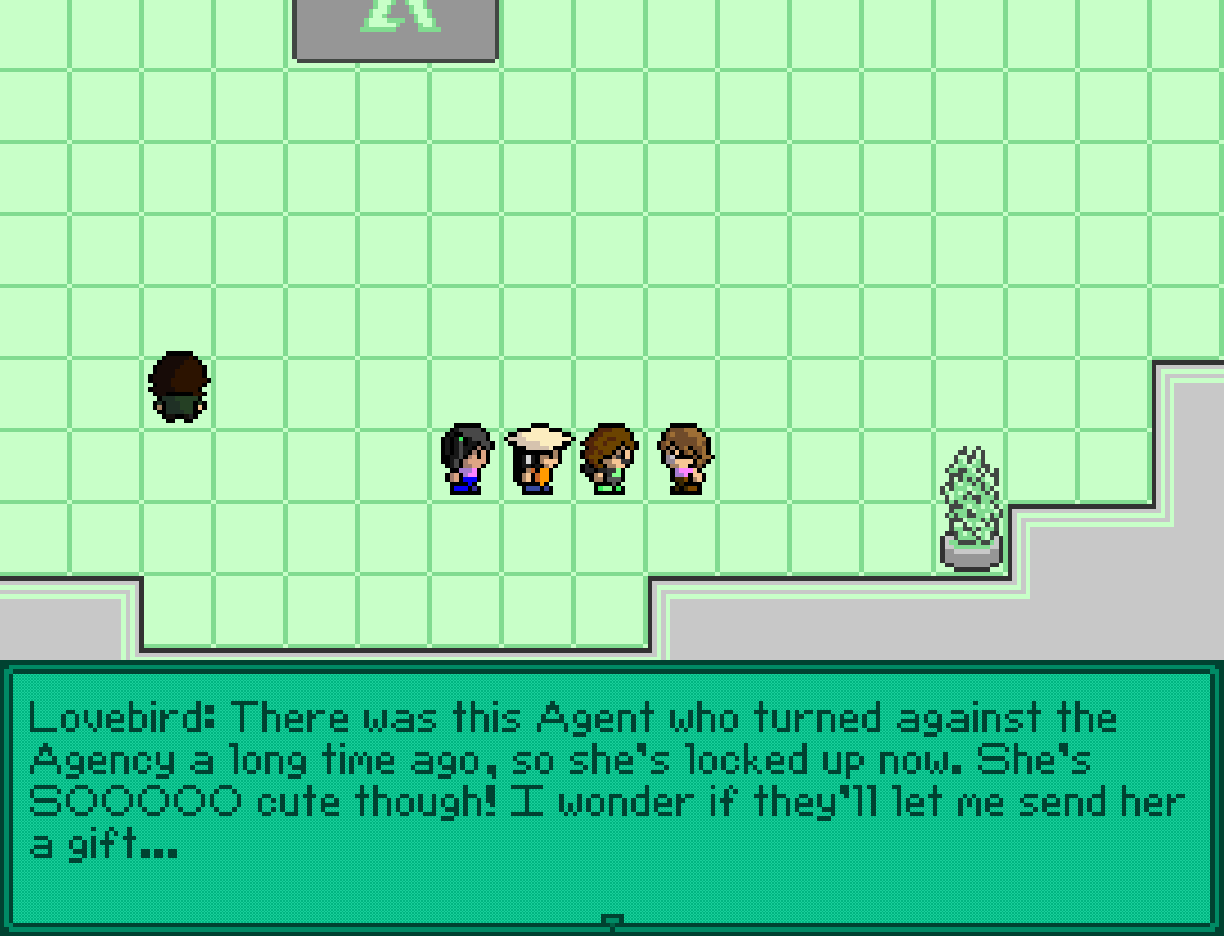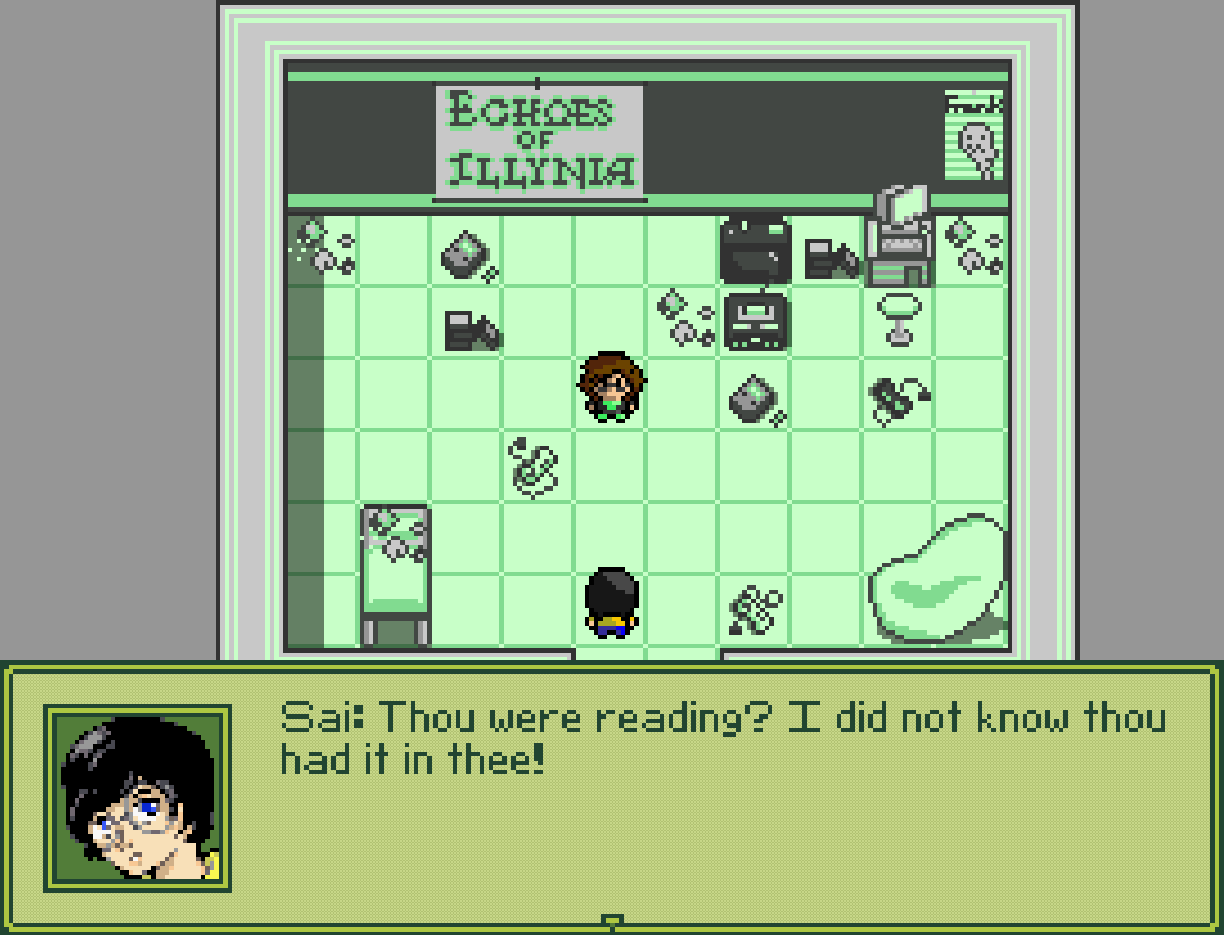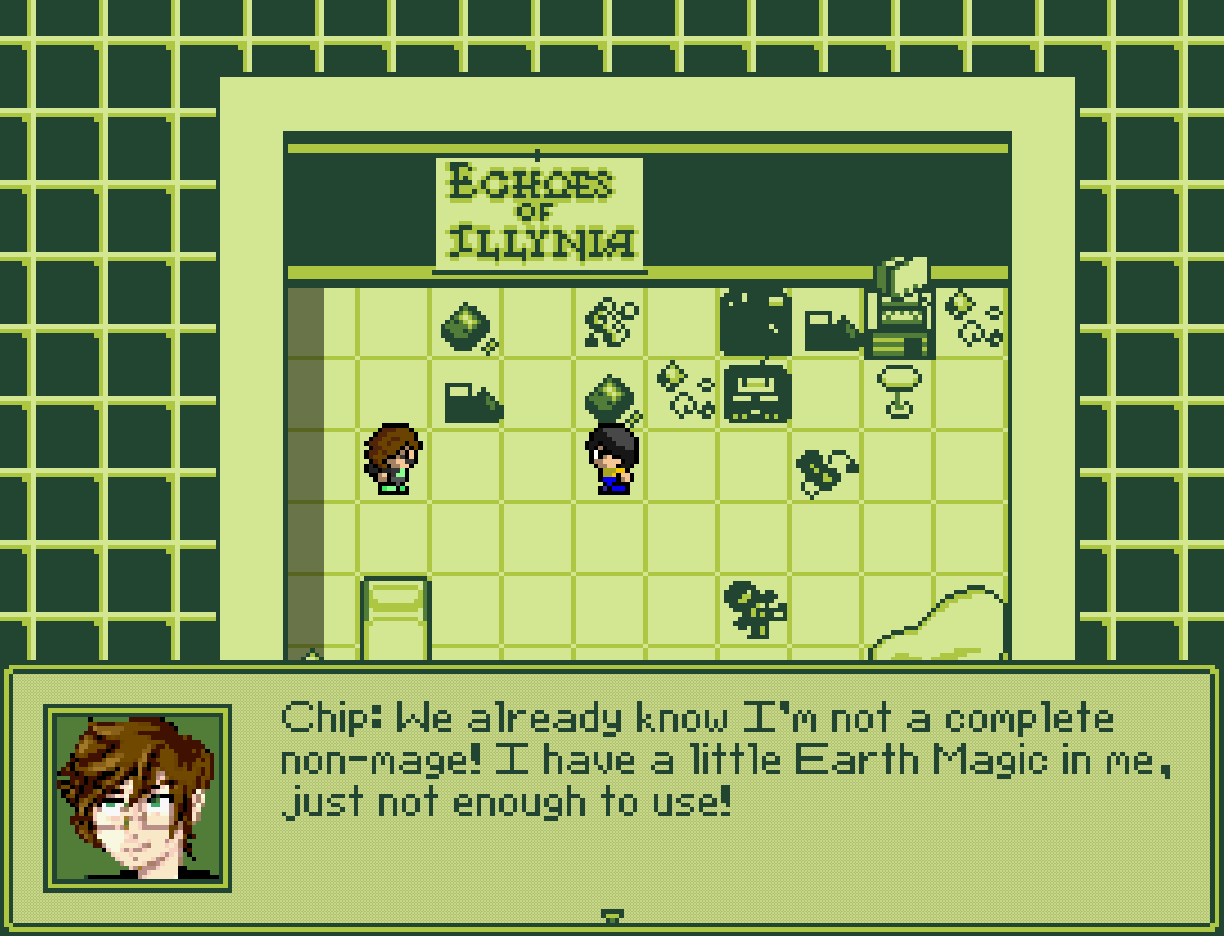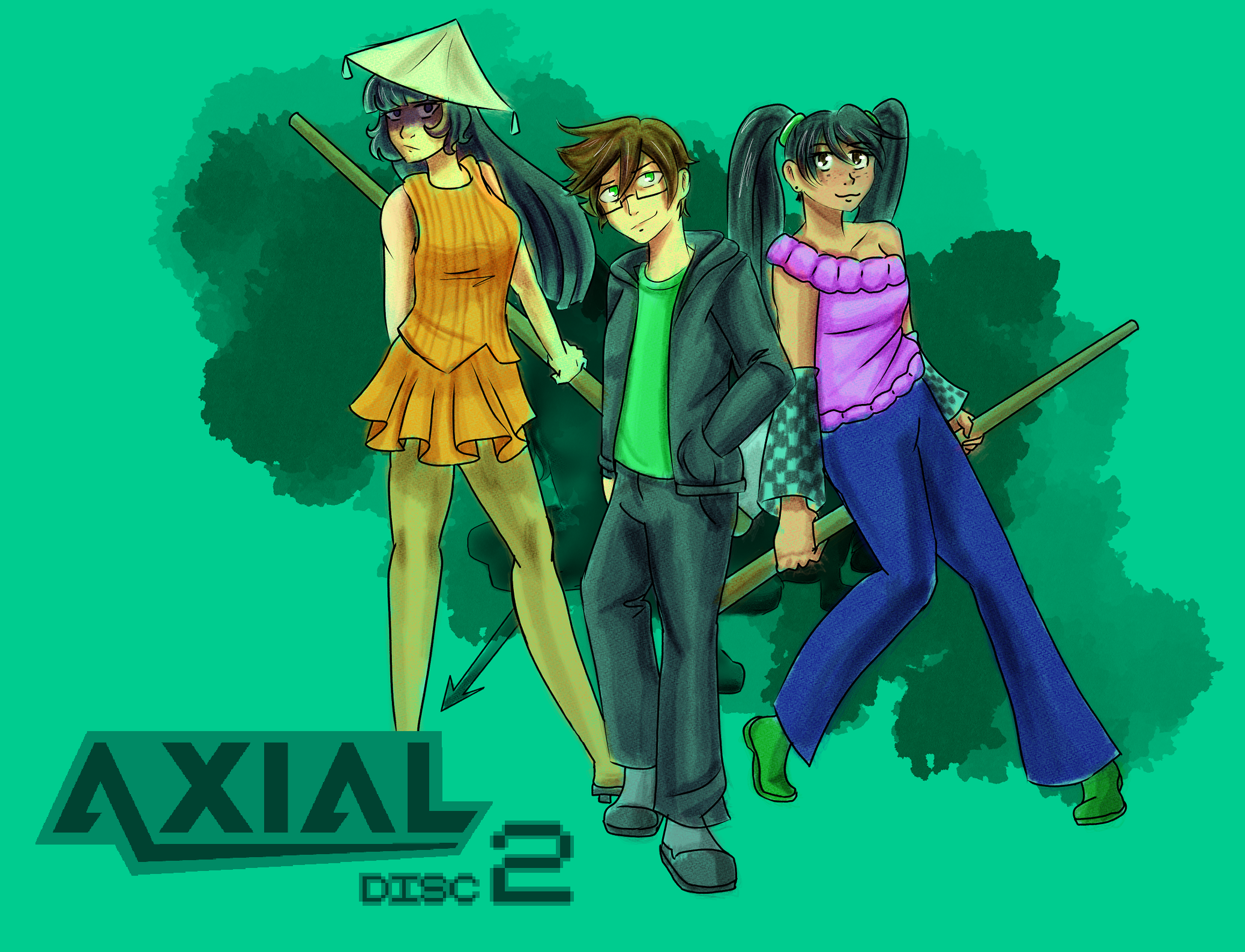Worldbuilding When You Hate Worldbuilding
Man, isn't it wild how we can just... make anything?
I think it's insane! Art gives us so much power, effectively limitless power depending on your circumstances. And despite that, I have always loathed worldbuilding.
Even the word "worldbuilding" just feels so... bleh to me. It conjures images of long pages of info I don't care about, Tolkien-esque descriptions of fictional cultures and wildlife and elaborate explanations of how everything works. Worldbuilding comes off as being divorced from character; characters may be influenced by their worlds, and yet the concept always felt to me like it was used to create and describe empty backdrops, soon to be inhabited by vibrant characters, but not quite there yet.
A lot of artists love worldbuiding. I am not one of those.
If you are like me and you really dislike the idea of worldbuilding, stay tuned! I've got some nifty lessons I've learned in my travels that will probably help you! If you do like worldbuilding, you'll probably have fun with today's blog as well!
So, like, what even is Worldbuilding?

In a way, everything is Worldbuilding. If something exists in your story, it's a part of that world. Thus, you have performed an act of worldbuilding by putting it there. Technically by that definition, worldbuilding is incredibly easy.
But naturally, people really only seem to like worlds that are consistent and interesting. I can put laser robots in my medieval fantasy world if I want, but if there's no other sign of electricity or engineering to explain how those robots are there, it's gonna be hard to believe. Feels out of place, right?
Well, honestly, I say screw it!
Put whatever you want in your world! Seriously! Even while writing about my own experiences with worldbuilding I just can't bring myself to conclude that there is a right answer here. However, I do think that there is a pretty logical solution to aspects of worldbuilding that can improve the story in various ways, even if the world itself isn't a point of concern for you. Here are a few of them:
1. Elaborate on Implications

I am almost always reverse-engineering my worlds. It rarely begins with "this is a part of the world, here's what that means for the characters", but instead "this is a thing with these characters, now I'm going to go back and elaborate on what that means for the world."
It's hard to describe, so I'll use Sai as an example. Sai's got that famous dialect where he talks like a Shakespeare character. I just made him that way because it sounded fun! But then as I went along and noticed he's the only dude that talks like that, I decided to see what this dialect implies about Sai and change the world to fit it better.
So, I ended up deciding that Trobia, one of the nearby nations in the world of Axial, has their own dialect where people speak with their Thou's and Thee's. This immediately expanded the world and allowed me to add more characters with this dialect who are Trobian natives. That said, Sai himself was born and raised in Stardust! Why does he talk like that?
So, I added an additional bit to his backstory, that growing up on so much Eric Shapner was an element of his language development. This is one of those instances where the worldbuilding weaves in and out of character building: I changed the world to suit the character, and that change affected the character in the end.
2. You don't need to put this stuff in your story
Fun fact! Axial kinda has a hard magic system! That's right, every human has four elemental nodes that could be filled with any of the four main elements, and the combination of those nodes establishes what sort of magic that human can use! There's a pretty long graph I have that goes over the possibilities for every single combination.
And I don't think I ever explicitly describe that system in Axial. It's mentioned and hinted at a few times, but never once do I sit the player down and tell them how this system works, or even have an optional NPC spell it out for them!

And the reason is that the story works even if the player doesn't know the specifics.
You probably didn't know what gravity was for the first couple years of your life, but that doesn't mean that you weren't familiar with how it worked just from being alive on Earth. Objects go down when they are not touching the ground, and heavier objects are harder to get to not touch the ground. It affected you even though you didn't know the word for it or how the science behind it works.
It's the same way with this node system. For the sake of the story, the player needs to know that magic exists, that there is variance in what sorts of magic people are able to use, and that most (or at least some) people can't use magic at all. That can all be established through non-expository dialogue, or better yet, just through showing the player. By the time you get to the sewers, you've probably already seen that Sai naturally has a lot of magic, and Oli learns a lot of magic from other people. During the Lux fight, he mentions Sai is an Elemental Mage, which elaborates on that further, without ever forcing the player to understand the specifics.
So in that case, why even bother with the specifics? The reason is because you, as the creator, need to uphold your internal logic, even if the audience will never notice. Most people do not know how the magic system works in Axial, but everyone is going to pick away at different parts. It's true that most people won't have such a thorough understanding as to notice every single inconsistency, but if you don't uphold your own consistency, it becomes increasingly likely that someone will notice something that doesn't add up at some point. By knowing the rules of your world, you can make sure to follow them, and this will at worst prevent the audience from finding inconsistencies that could affect their engagement, and at best create a more fleshed out experience.
And naturally, if something is important enough to establish, these rules can make it easier for you to do so. I know why Chip wasn't able to cast magic as a kid, and why he is able to use Magnet magic now, and so when the time came for me to establish that aspect of his character to the audience, it came relatively naturally because I as the creator understand the specifics, even if I don't have to tell them to the audience. In a way, it's like you're a professor of your story: you don't have to tell your students everything, but when the time comes for someone to ask a question that isn't a part of your lesson plan, you should be able to answer it.
3. Everything has a purpose, everybody has a story
You don't need to have an explicit lore explanation for everything in your world, but you do need to know that everything in your world has an explicit lore explanation the moment you put it there. Every NPC you put in your town has a family, a home, a job, a favourite song, and you don't have to know what all of these things are, but just that they're there.
Every now and then, try to contextualize the things that are in your game. Are these monsters I'm fighting local wildlife? Are they some demonic curse or something? Why is this big empty field seemingly untouched by human hands? This person has a water wheel attached to their house; what do they use it for?
If you keep asking questions about your world, and answering them when that would be appropriate for the story, you start to build up more and more momentum that you can use for later segments. If you've already made a mining village a few continents back and now you're making a crystal cave, go back and have some NPCs bring it up, or maybe have an NPC in that cave mention that they came from that village. Form connections, keep asking questions, and over time your world begins to build itself.
You don't need to open your glossary every time you add something new to your world, nor do you need to restrict yourself to things that already fit the established canon. In art, we can make just about whatever we want, and if you want to add those laser robots, find something else to connect them to and go wild.
Get Axial Disc 2
Axial Disc 2
That's the way it is.
| Status | Released |
| Author | Sawyer Friend |
| Genre | Role Playing |
| Tags | 16-bit, 8-Bit, chiptune, Game Boy, JRPG, Pixel Art, Retro, Singleplayer, Turn-Based Combat |
More posts
- 1.1.7 (13/19/24)Dec 19, 2024
- 1.1.5 (11/30/23)Nov 30, 2023
- 1.1.0 (08/04/23)Aug 05, 2023
- Patch 1.0.5 (07/25/23)Jul 25, 2023
- Patch 1.0.4 (07-15-23)Jul 15, 2023
- Axial Disc 2 OST Out Now!Jul 13, 2023
- DISC 2 UPDATE 1.0.3 (07/09/23)Jul 10, 2023
- Thank YouJul 04, 2023
- Director AMA - 01/18/23Jan 18, 2023
- Director AMA in the Discord, Tuesday at 4 PM MST!Jan 16, 2023

Leave a comment
Log in with itch.io to leave a comment.